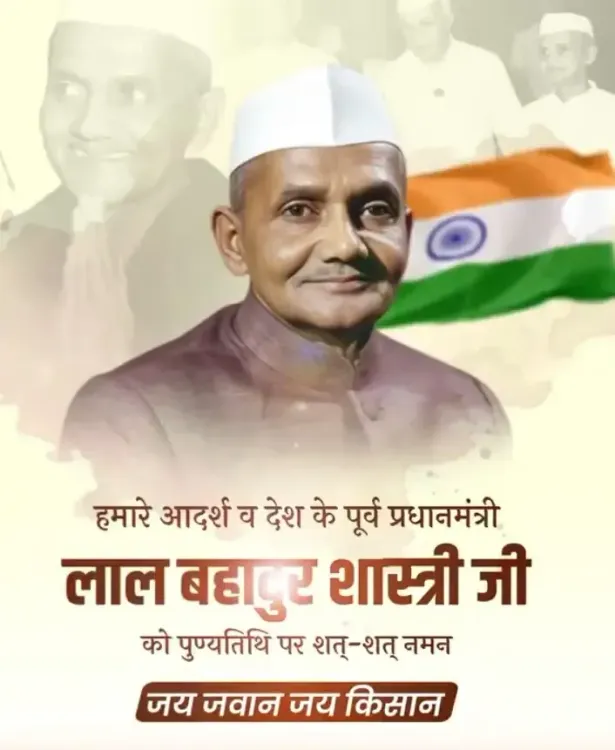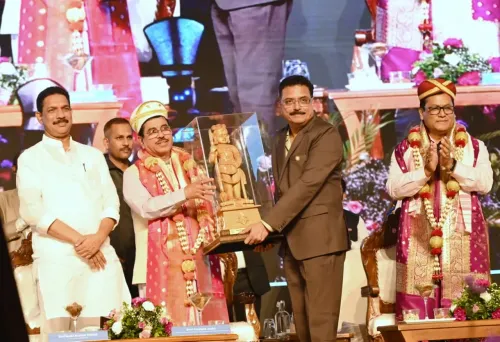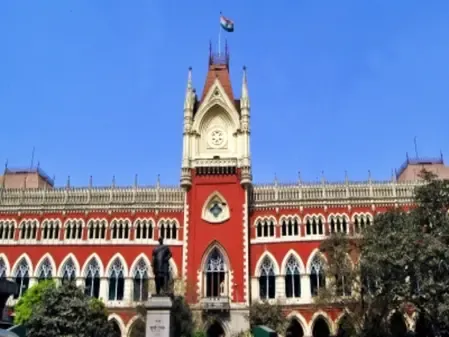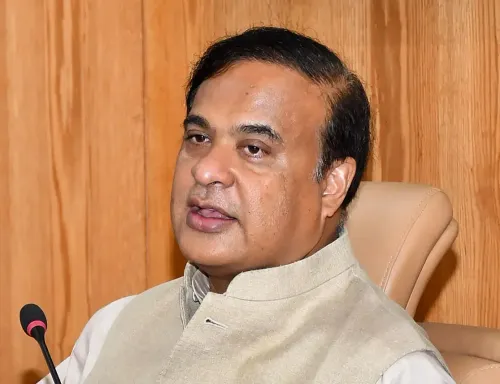A Source of Motivation: Congress Leader Kharge Honors Lal Bahadur Shastri on His Death Anniversary

New Delhi, Jan 11 (NationPress) The President of Congress, Mallikarjun Kharge, paid a profound homage to Lal Bahadur Shastri, India's second Prime Minister, on the occasion of his 59th death anniversary, reflecting on his extraordinary contributions to the country.
Kharge quoted the late Prime Minister Shastri on X, stating, “I understand that the basic idea of the administration is to keep the society united so that it can develop and move towards its goals.”
In his tribute, Kharge expressed, “We pay our heartfelt tribute to the inspiration behind 'Jai Jawan, Jai Kisan,' the great Gandhian, our ideal, late Prime Minister Lal Bahadur Shastri ji, on his death anniversary.”
He emphasized Shastri's crucial contributions to India's advancement, noting, “From land reforms to establishing the milk revolution, from abolishing third class in railways to leading the nation during the 1965 war, Shastri ji became an inspiration to everyone. His simplicity and modest life exemplified his dedication to the country's progress.”
Lal Bahadur Shastri was born on October 2, 1904, in Mughalsarai, Uttar Pradesh. Coming from a humble background, he faced the loss of his father, Sharada Prasad Srivastava, at just one-and-a-half years old, yet he persevered through challenges to achieve his education.
Shastri held the position of India's second Prime Minister from 1964 to 1966, following the passing of the first Prime Minister, Pandit Jawaharlal Nehru. Renowned for his honesty and integrity, he garnered respect from all political factions.
On January 11, 1966, Shastri died in Tashkent, Uzbekistan, shortly after signing the Tashkent Agreement with Pakistan. His famous slogan, 'Jai Jawan, Jai Kisan,' which he delivered in 1965 at Prayagraj (then Allahabad), continues to serve as a tribute to the bravery of soldiers and the critical role of farmers in India's development.
Shastri's legacy as a leader dedicated to the people remains a source of inspiration for future generations, solidifying him as one of India's most esteemed figures in both the Independence movement and the governance of post-Independence India.









